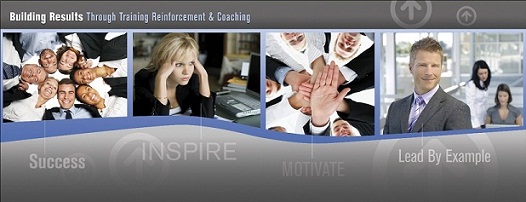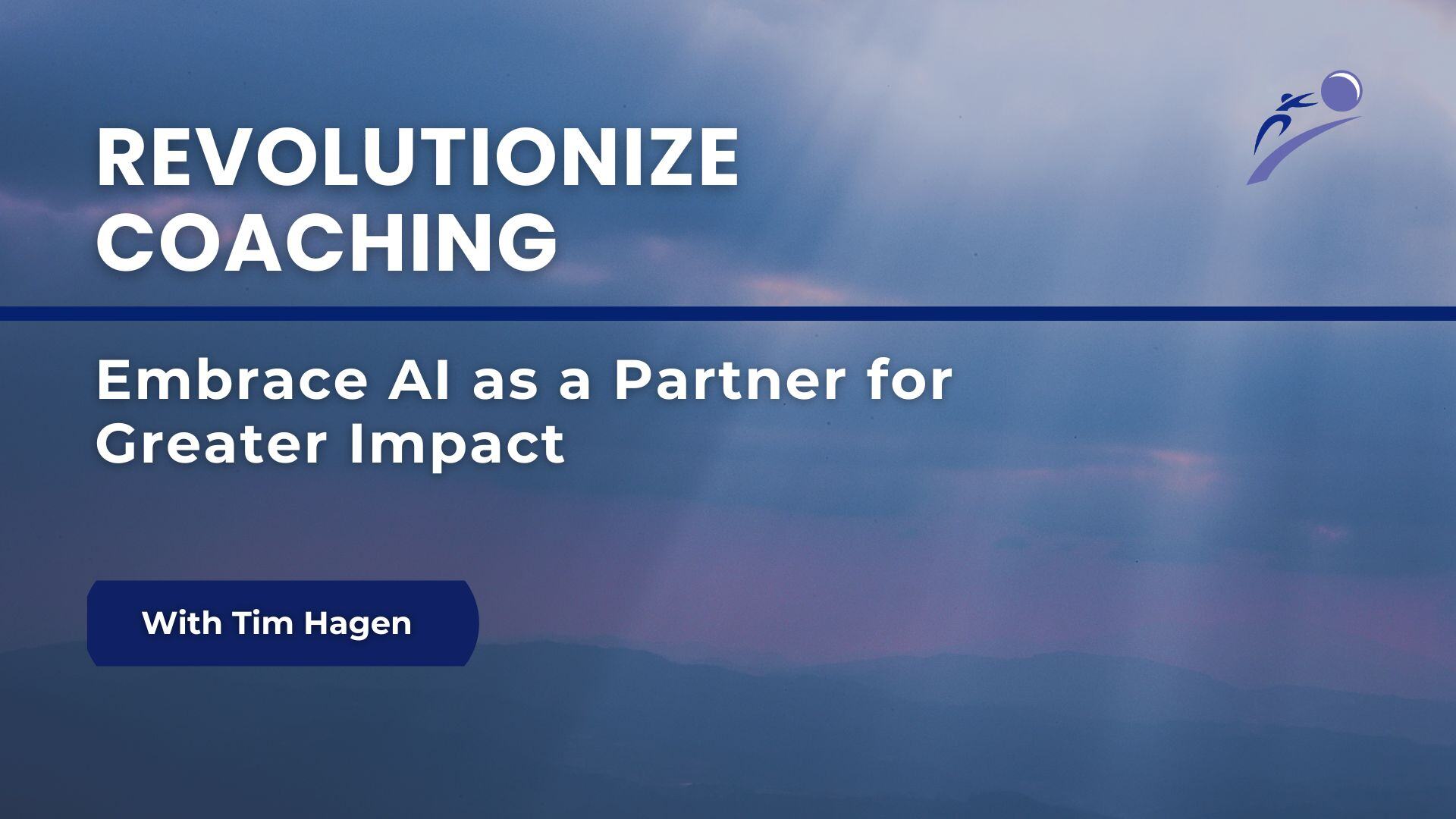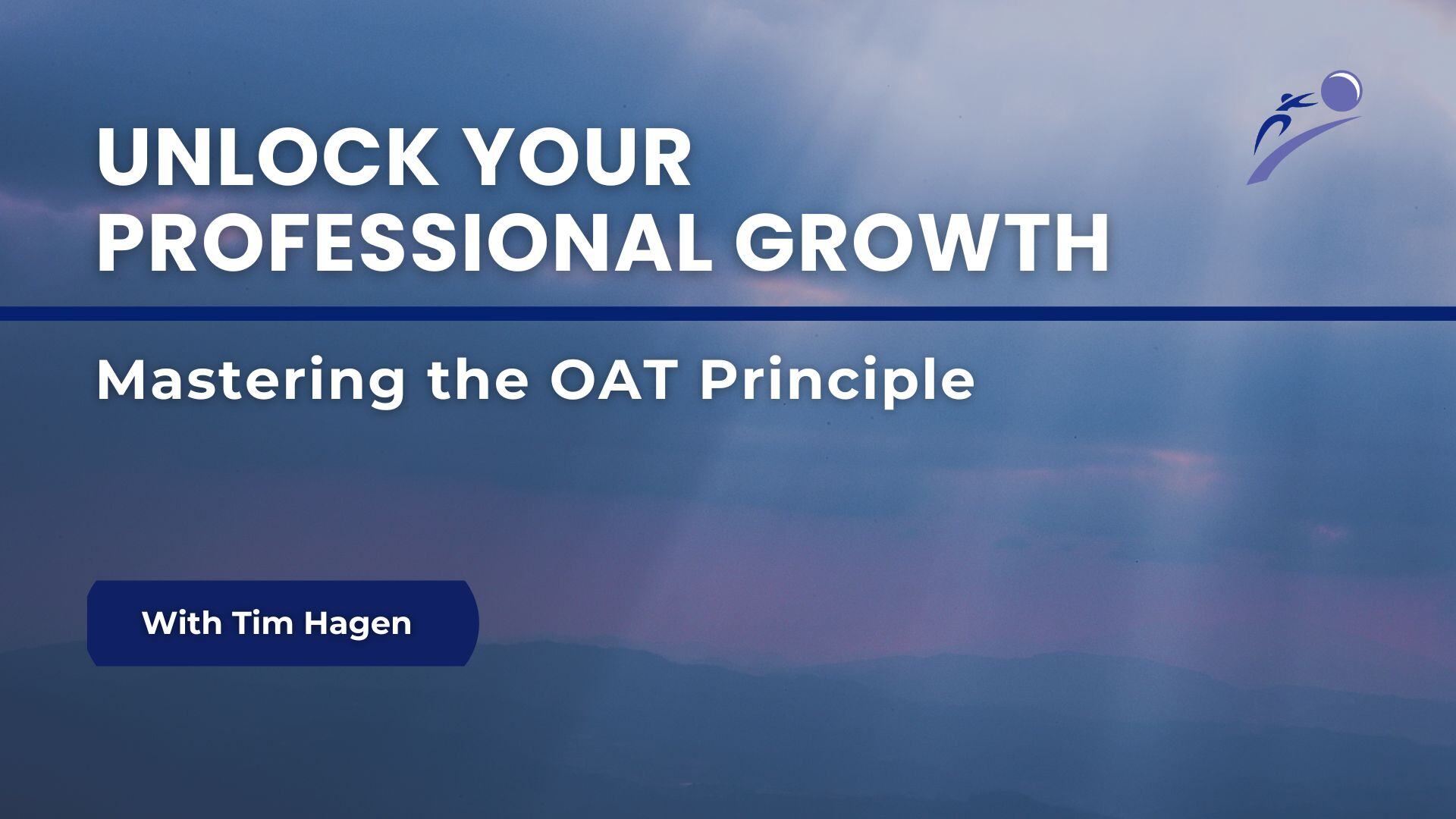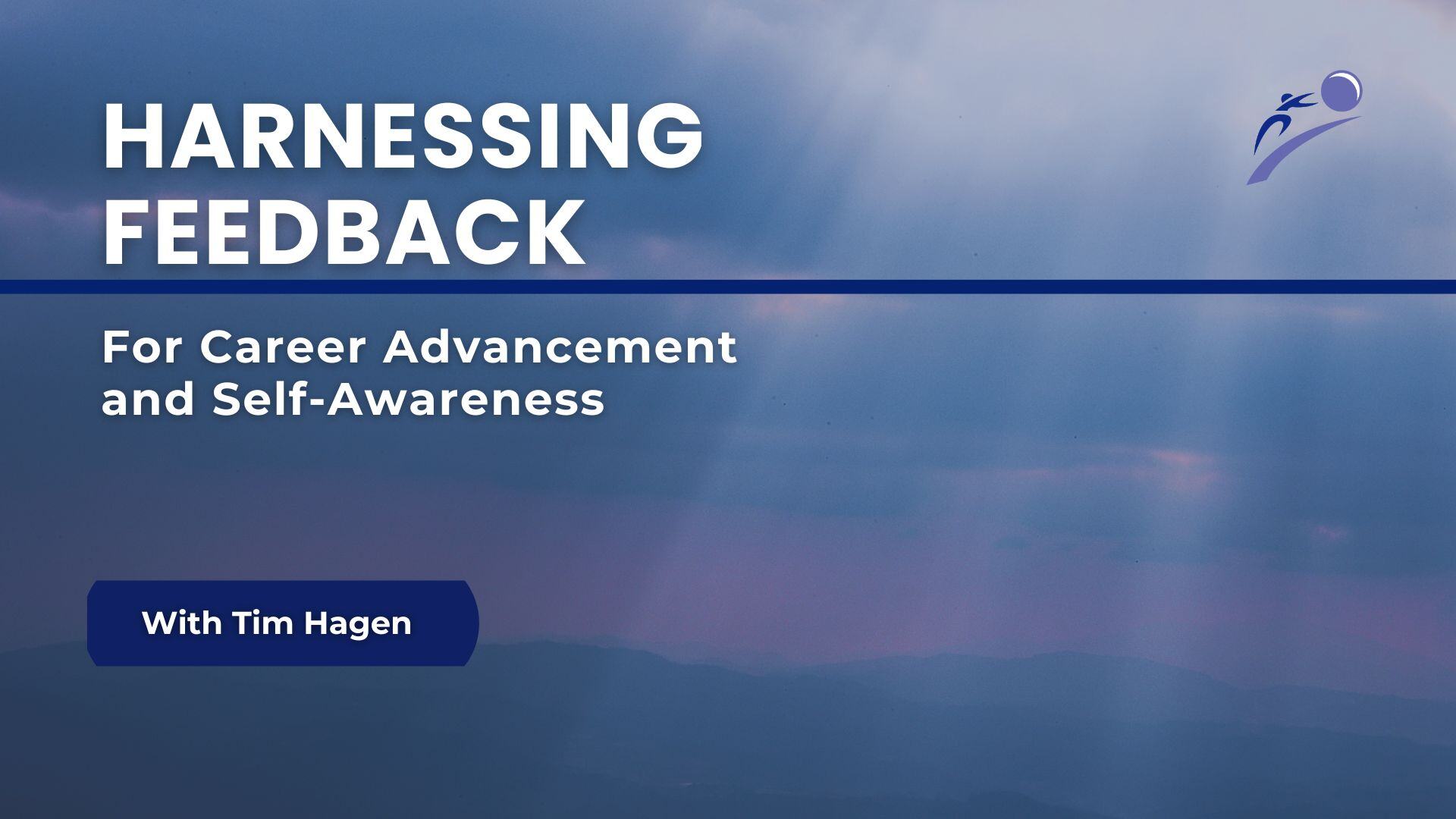
ASTD estimates that U.S. organizations spent $1,182 per learner on employee learning and development in 2011. Of this total direct learning expenditure, 56 percent ($87.5 billion) was spent internally.₂ A company will spend the money to train their employees with the expectation that they gain the knowledge and skills to be productive. Assuming employees are productive as a result of training, there is one concept that is difficult to teach the employee because it requires the participation of the manager; personal – human development through management engagement.
Organizations expect their senior leaders and middle managers to coach their team members on increasing levels of performance, job satisfaction, personal growth, and career development.
Organizations expect their senior leaders and middle managers to coach their team members on increasing levels of performance, job satisfaction, personal growth, and career development.
A core objective a training department could deploy is to educate managers to engage and thoughtfully coach for long-lasting performance that meets the criteria for any economy.
FREE Coaching Book!





